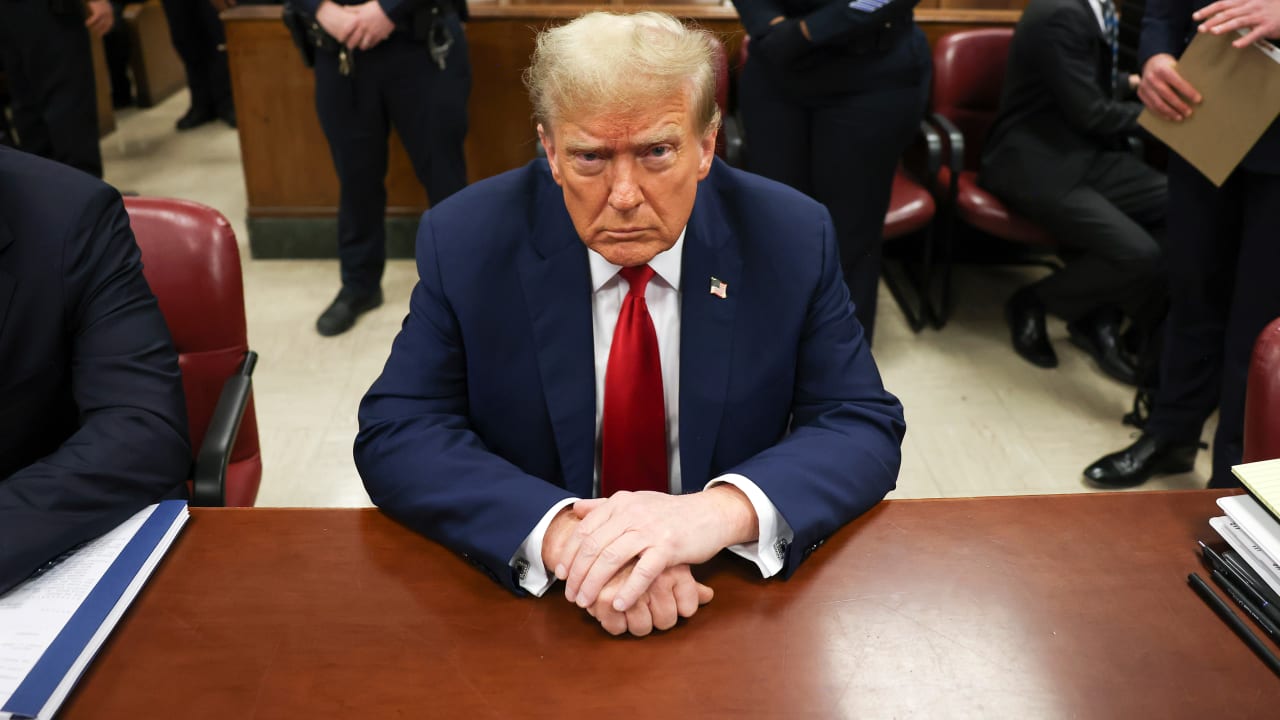There are mixed developments across Europe as the continent continues to grapple with the pandemic. Here is your latest roundup:
France
Daily coronavirus infections dipped slightly in France on Sunday, a day after the country recorded more than 10,000 new cases for the first time since the start of the pandemic. Health authorities say Sunday’s total number of new cases was 7,183, down from Saturday’s record-breaking number of 10,561.
Italy
The Italian Health Ministry says six people have died of the virus in the past 24 hours, bringing the total number of pandemic deaths to 35,610.
Some Italian schools reopened Monday. Students and teachers have been given masks and hand sanitizer, but some schools have not received the new single person-desks which are supposed to help with social distancing. Italy has a high percentage of teachers over the age of 50, a group at greater risk from coronavirus.
The number of patients in intensive care in Italy has been steadily increasing, reaching 187 on Sunday.
Germany
Case numbers continue to rise in Germany, albeit more slowly than in some other European countries.
The number of total cases in the country increased by 927 to 260,335, said the Robert-Koch Institute, the national agency for disease control and prevention, on Monday. So far 9,350 people have died of the virus, with one additional death since Sunday.
Meanwhile authorities say a 26-year-old US citizen has caused a coronavirus spike in the town of Garmisch-Partenkirchen. The unnamed woman had recently returned from a holiday abroad, according to Stephan Scharf, press officer of the District Administrator’s Office in the southern German town.
Scharf told CNN he did not know which country she had returned from, but it had not been from the US. The woman developed Covid-19 symptoms, took a coronavirus test and was told to stay at home to wait for the results, said Scharf, but this did not stop her from going out and socializing.
She has since received a positive test result and is in quarantine, said Scharf.
UK
Britain’s health care system is experiencing “significant demand” for coronavirus testing from people who do not have symptoms, its health department said Monday, amid reports that its testing program has a backlog of 185,000 test swabs.
“[National Health Service] Test and Trace is working and our capacity is the highest it has ever been but we are seeing a significant demand for tests including from people who do not have symptoms and are not otherwise eligible,” a Department of Health and Social Care (DHSC) spokesperson told CNN.
The UK recorded 3,330 new coronavirus cases on Sunday morning. Five more people have died, bringing the total official death toll to 41,628.
England is preparing for new restrictions to come into effect Monday after a recent rise in the infection rate. As of Monday, only six people can gather in England at any time.
Switzerland
Switzerland has added some regions in neighboring countries to its quarantine list, according to its Department of Health.
Several French regions will be added to the list, including Provence-Alpes Cote d’Azur and Ile de France, which contains Paris. The Austrian capital of Vienna is also now on the quarantine list, as well as the whole of Spain.
Some countries were removed from the list, including Ecuador, the Faroe Islands, Guatemala and South Africa.
Switzerland reported 475 new cases on Sunday, taking the total to 47,179. A total 1,747 people have died, with a further four on Sunday, according to the Department of Health.
Czech Republic
The Czech Republic set a new daily record for coronavirus infections, with 1,541 new cases recorded Saturday, according to its health ministry. The spike in cases coincides with increased testing, with an average of 15,000 people being tested every day. On Friday alone, 18,200 people took a test.
A total of 453 people have so far died of coronavirus in the Czech Republic, and there have been 35,401 total infections.
Sweden
Sweden has lifted its travel warning for non-essential travel to the UK. The Ministry of Foreign Affairs says the decision was taken because of the UK’s “reduced Covid-19 risk,” and will take immediate effect.








